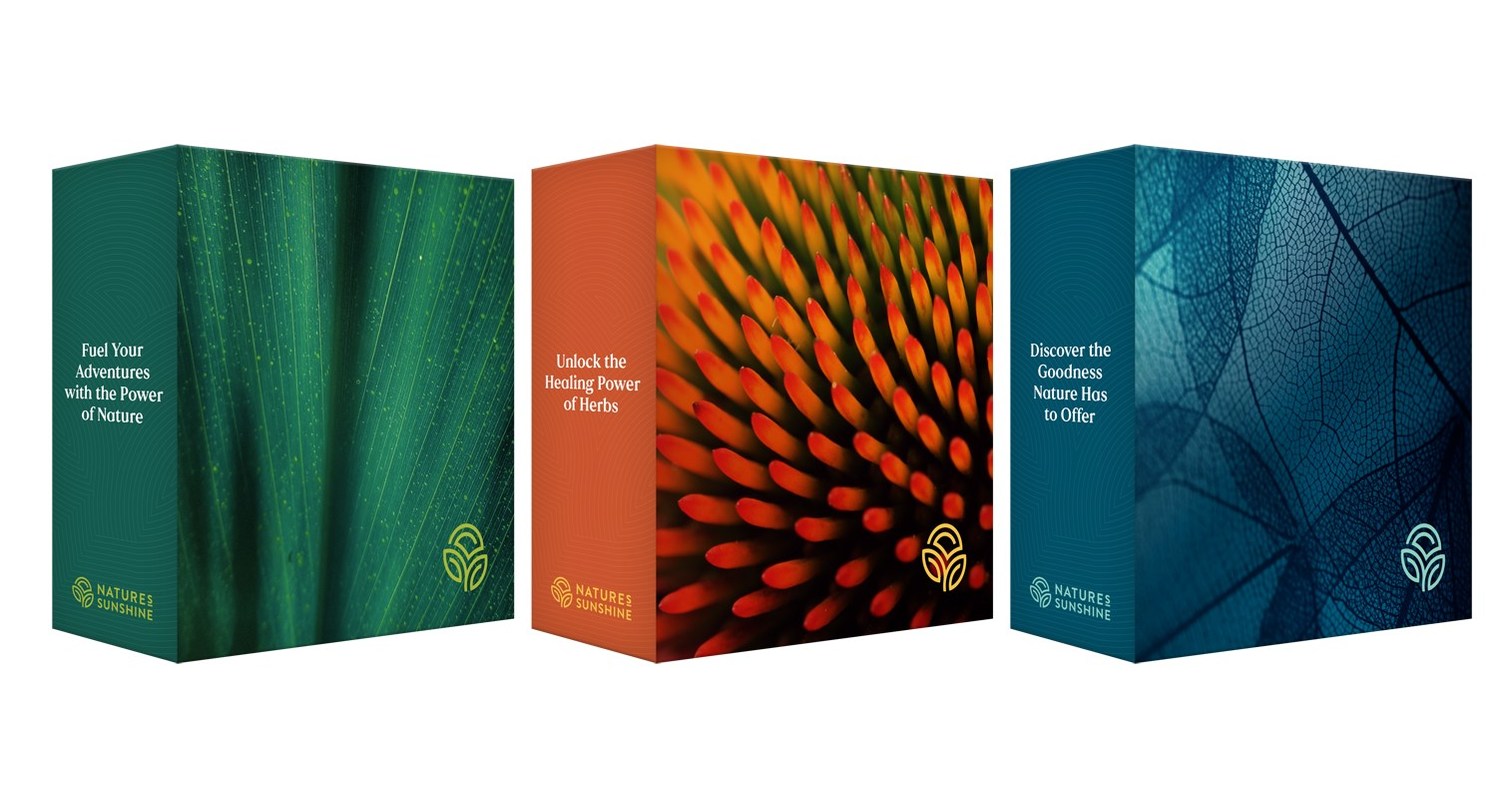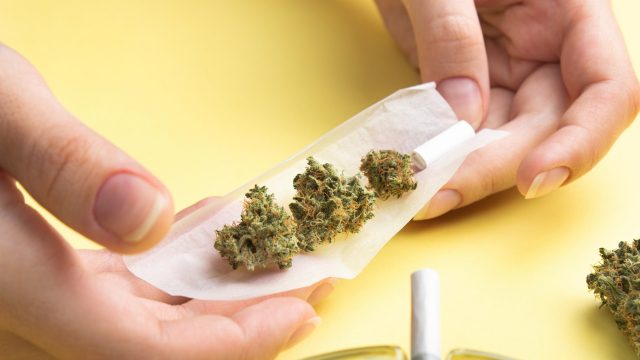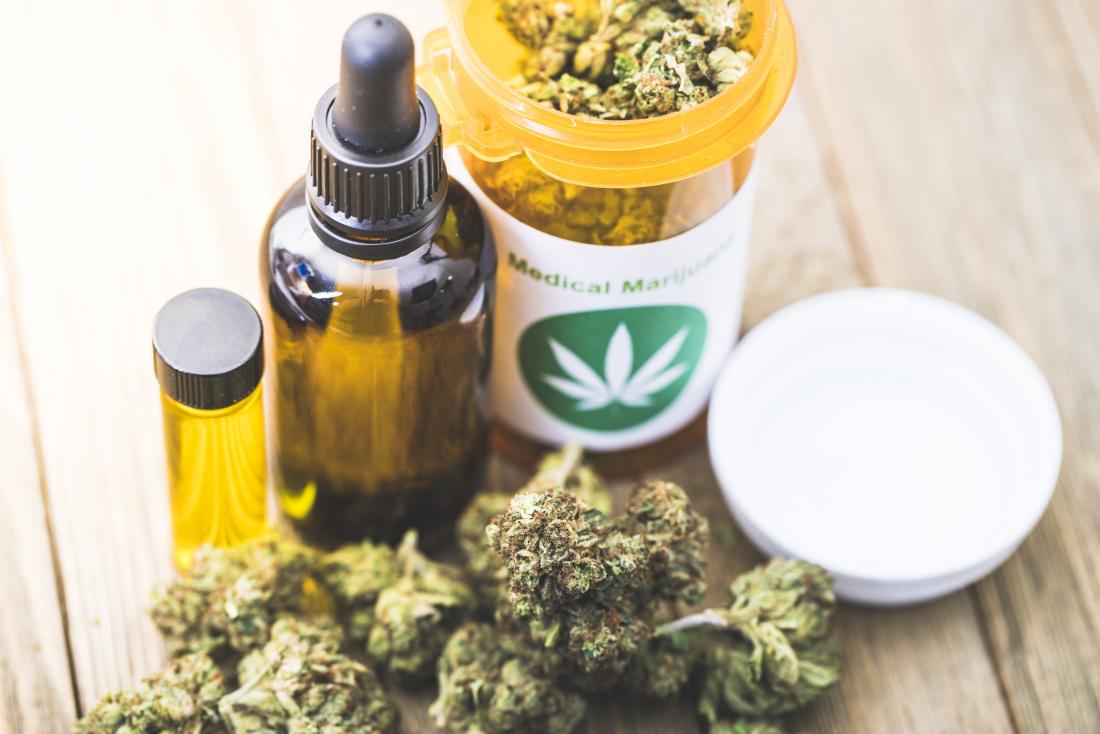Utah has legalized medical cannabis for qualifying patients with certain medical conditions. The state provides patient registration and dispensary licenses for the legal use of medicinal cannabis.
Utah became the 33rd state in the us to legalize medical cannabis in 2018, allowing patients with qualifying medical conditions to use cannabis for medicinal purposes legally. Under the medical cannabis act, patients can register with the state, and those registered patients can purchase medical cannabis only from licensed pharmacies.
Utah follows a strict medical cannabis program, setting a limit of 14 days for dispensing medical cannabis, and physicians can recommend medical cannabis to their patients only after providing a written certification for a qualifying medical condition. With medicinal cannabis legalized in utah, eligible patients now have access to alternative forms of treatment.

Credit: www.prnewswire.com
Why Utah Medical Cannabis Could Be The Future Of Medicine
Utah has taken a progressive approach towards medical cannabis, with the state allowing the use of cannabis for medicinal purposes. The value of medical cannabis is becoming increasingly evident. With numerous patients reporting significant improvements to their health and quality of life, it is no wonder why utah medical cannabis could be the future of medicine.
The Science Behind Medical Cannabis Justifies Its Use As A Treatment Option
The use of medical cannabis is backed by scientific evidence. Research conducted over the years has revealed that compounds found in cannabis, such as cannabidiol (cbd) and tetrahydrocannabinol (thc), have numerous therapeutic benefits. Here are some of the key points that justify the use of medical cannabis as a treatment option:
- Cannabinoids found in cannabis have properties that can help alleviate pain, inflammation, anxiety, and depression.
- For cancer patients undergoing chemotherapy, medical cannabis can help reduce nausea and vomiting.
- Medical cannabis can help individuals with neurological conditions like epilepsy by reducing the frequency and severity of seizures.
Utah Medical Cannabis Legislation And Its Implications
In 2018, utah became the 33rd state to legalize medical cannabis. Utah’s medical cannabis program allows patients with qualifying medical conditions to obtain medical cannabis with a recommendation from a qualified healthcare provider. Here are some of the implications of utah’s medical cannabis legislation:
- Medical cannabis is only available to patients who have been diagnosed with a qualifying medical condition and have received a recommendation from a qualified healthcare provider.
- Utah allows the use of various forms of medical cannabis including capsules, oils, topicals and more.
- The possession and use of medical cannabis is legal in utah for patients with a qualifying condition, but recreational use remains illegal.
Exploring The Different Forms Of Medical Cannabis
Medical cannabis comes in different forms, each with its unique set of benefits and drawbacks. Here’s a brief on the various forms of medical cannabis:
- Capsules: These are gel-like capsules that contain cannabis extracts in measured amounts and are taken orally. They are easy to use and offer consistent dosing, making them ideal for patients that require precise dosing.
- Oils: Cannabis oils can be used in various forms such as tinctures, sprays, and vapes. They are absorbed quickly and offer faster relief compared to other forms of cannabis.
- Topicals: These are cannabis-infused balms, creams, and salves applied directly to the skin to provide localized relief for pain, inflammation, and skin conditions.
- Edibles: These are food items that contain cannabis extracts. They offer long-lasting effects, but the onset of the effects is slower compared to other methods of delivery.
Medical cannabis has proven to be an effective treatment option for various medical conditions. With the legalization of medical cannabis in utah, patients with qualifying conditions can now access the benefits of medical cannabis. The state’s progressive approach towards medical cannabis could potentially be the norm for other states in the future.
How Cannabis Is Helping Utahns Find Relief For Their Ailments
Utah medical cannabis: how cannabis is helping utahns find relief for their ailments
Utah has joined the increasing number of states that allow residents access to medical cannabis treatment for certain ailments. Medical cannabis has become a popular alternative treatment for many conditions, ranging from chronic pain to anxiety and depression. This post will discuss how cannabis is helping utahns find relief for their various ailments.
Pain Management: How Cannabis Treats Chronic Pain
Chronic pain is a debilitating condition that affects millions of americans. It is a persistent pain that lasts for more than three months and can severely limit an individual’s daily routine. Medical cannabis has become a popular alternative solution for pain management in utah.
Here are some key points regarding the use of medical cannabis for treating chronic pain:
- Medical cannabis helps to reduce inflammation and relieve pain.
- It can be used as a replacement for opioids that are often prescribed for pain management.
- Cannabis affects the brain’s pain receptors and can produce pain-relieving effects.
- The use of cannabis for pain management has little to no negative side effects, unlike opioids.
Cannabis And Anxiety Disorders
Anxiety disorders are the most common mental illness in the us, affecting over 40 million people. There are many underlying causes and triggers for anxiety. Many people seek help through therapy and medication, but medical cannabis has emerged as an alternative treatment that can be used in conjunction with therapy.
Here are some key points regarding the use of medical cannabis for treating anxiety disorders:
- Medical cannabis can be used to manage anxiety symptoms such as panic attacks and feelings of nervousness.
- Cannabis contains compounds known as cannabinoids that help regulate mood and reduce anxiety.
- Medical cannabis can be used as an alternative to prescription drugs that may have negative side effects.
- There are different strains of cannabis that can be used to achieve different effects when treating anxiety.
Treating Ptsd And Depression With Medical Cannabis
Post-traumatic stress disorder (ptsd) and depression are common mental health conditions that severely affect an individual’s daily life. Standard treatments for depression and ptsd can be ineffective for some patients. Medical cannabis has shown promising results as an alternative treatment for these conditions.
Here are some key points regarding the use of medical cannabis for treating ptsd and depression:
- Medical cannabis can help to reduce feelings of anxiety and depression for those living with ptsd and depression.
- Cannabis has shown to reduce the likelihood of flashbacks and nightmares associated with ptsd.
- Medical cannabis can be used in conjunction with therapy to help manage ptsd and depression symptoms.
- Medical cannabis can stimulate the release of serotonin, a feel-good chemical that can aid in reducing symptoms of depression and ptsd.
Medical cannabis has become a popular alternative treatment for ailments like chronic pain, anxiety disorders, ptsd, and depression. It can be used either alone or in conjunction with traditional medication and therapy. Utahns are finding relief in medical cannabis, and with more research being conducted, we can expect to see more uses for cannabis in medicine.
The Intersection Of Medical Cannabis And Utah’S Opioid Epidemic
Utah medical cannabis: the intersection of medical cannabis and utah’s opioid epidemic
With utah’s booming opioid epidemic, there’s never been a better time to re-evaluate the use of medical cannabis. The potential for cannabis to serve as a less addictive alternative to opioids is significant, especially considering the risk of addiction and overdose that comes with prolonged use of opioids.
But that’s not the only benefit cannabis can offer in the context of the opioid epidemic.
Using Cannabis As A Less Addictive Alternative To Opioids
The use of cannabis to curb addiction and overdose risks has been well-documented. Here are some key points to consider:
- Cannabis can serve as an effective pain relief option for those who might otherwise turn to opioids for chronic pain management.
- Unlike opioids, cannabis is considered non-addictive and less prone to adverse side effects.
- The use of medical cannabis by patients has been shown to lead to a reduction in opioid use and dependence.
Connecting The Dots: How Medical Cannabis Is Endangering Big Pharma’S Profits
It’s no secret that big pharma has long been opposed to the legalization of medical cannabis. That’s because cannabis has the potential to seriously undercut the profits of traditional pharmaceutical companies. Here are some key points to consider:
- Medical cannabis has been shown to effectively treat a wide range of illnesses and conditions, often with fewer side effects than pharmaceutical options.
- Legalization of medical cannabis would mean patients have more options for treatment, reducing reliance on costly and often addictive pharmaceuticals.
- Big pharma has a vested interest in keeping cannabis illegal and out of the hands of patients, despite the potential benefits.
The intersection of medical cannabis and utah’s opioid epidemic is certainly worth considering. With the potential for cannabis to serve as a less addictive alternative to opioids, and its ability to undercut big pharma profits, there’s no doubt that medical cannabis has important implications for patient health and well-being.
Understanding The Safe And Legal Use Of Medical Cannabis In Utah
Cannabis is a booming industry in the united states that has recently gained attention for its medicinal benefits. Utah also legalized the use of medical cannabis in march 2020. However, it is essential to ensure safe and legal consumption. Here is what you need to know:
The Spectrum Of Cannabis Products Available In Utah And Their Uses
Cannabis products come in various forms and can be consumed in several ways to provide medical benefits. The following are the types of cannabis products available in utah and their uses:
- Flower: Cannabinoids and terpenes are present in the flower. Patients typically inhale cannabis flower using a vaporizer or rolling it into a joint.
- Concentrates: These products are more potent than flowers and can be vaped, smoked or added to drinks or edibles. Patients use them to relieve severe pain, depression, and anxiety.
- Edibles: The edible product line consists of cookies, gummies, candies, and other treats infused with cannabis. These products provide long-lasting effects and provide relief to those experiencing chronic pain or severe muscle spasms.
- Topicals: Topicals are applied directly on the skin for local relief of pain and inflammation. They do not produce any psychoactive effects and can be used without worry about mental impairment.
Rules And Regulations For Medical Cannabis Use In Utah
Utah residents should follow specific rules and regulations to stay compliant with the law while using medical cannabis. These regulations include:
- Registration: Patients must register with the utah department of health to receive medical cannabis treatment legally. They must also obtain certification from a medical provider that they have a qualifying medical condition.
- Possession: Patients are allowed to possess up to four ounces of unprocessed materials or 20 grams of cannabis products in utah.
- Consumption: Patients can consume medical marijuana in private areas where smoking tobacco is allowed.
- Travelling: Patients travelling outside of utah with medical cannabis should consult with state regulations to know whether they are permitted to carry cannabis into another state.
Doctors And Medical Providers: Where To Go And What To Ask
Patients in utah can consult with registered physicians licensed to recommend medical cannabis to determine the best cannabis treatment accordingly. Here are some questions to consider before visiting a qualified medical cannabis physician:
- Qualifications: Are they certified by the utah medical cannabis program and licensed to practice medicine in utah?
- Experience: How experienced is the physician in providing medical cannabis treatment, and what is their track record?
- Consultation: Does the medical provider discuss the potential benefits and side effects of cannabis use, recommend the specific types of cannabis products, and the optimal dosage for the patient?
Using medical cannabis remains a prevalent and useful method to relieve symptoms for various medical conditions. However, it is crucial to maintain safe and legal consumption while understanding the proper usage of the numerous cannabis products available in utah; staying up-to-date with the latest regulations is imperative to consume medical cannabis within the guidelines.
Frequently Asked Questions Of Utah Medical Cannabis
What Is Medical Cannabis?
Medical cannabis is a plant-based medicine used to treat various medical conditions, such as chronic pain, nausea, and anxiety.
Is Medical Cannabis Legal In Utah?
Yes, medical cannabis is legal in utah. It was legalized in 2018 under a law called the utah medical cannabis act.
How Can I Get A Medical Cannabis Card In Utah?
To get a medical cannabis card in utah, you need to qualify for one of the qualifying medical conditions and get a recommendation from a qualified healthcare provider.
What Medical Conditions Qualify For Medical Cannabis In Utah?
Some of the medical conditions that qualify for medical cannabis in utah include chronic pain, cancer, hiv/aids, epilepsy, and multiple sclerosis.
What Are The Possible Side Effects Of Medical Cannabis?
The possible side effects of medical cannabis include dry mouth, red eyes, increased heart rate, impaired memory and concentration, and changes in mood and appetite. However, these side effects are typically mild and temporary.
Conclusion
The legalization of medical cannabis in utah has come as a relief for patients who require it for managing their medical condition. This has opened up an avenue for patients to access cannabis products legally with their physician’s recommendation. However, there is a lack of clarity regarding the provisions of the utah medical cannabis act, which creates confusion.
The state must take steps to ensure that the law is implemented effectively and that medical cannabis is accessible to those who need it. It is also important to continue to educate the public and healthcare providers about the benefits and risks of medical cannabis and how it can be used effectively to manage symptoms.
With increased research and proper regulation, medical cannabis could potentially become a viable alternative in treating many medical conditions. It’s essential to remain optimistic about the future prospects of medical marijuana in utah and the benefits it can bring to patients in need.
- Aggregate Dispatch Software: Revolutionize Your Logistics! - July 19, 2024
- Heavy Haul Dispatch Software: The Ultimate Efficiency Booster - July 8, 2024
- Intermodal Trucking Dispatch Software: Streamline Logistics! - June 27, 2024




